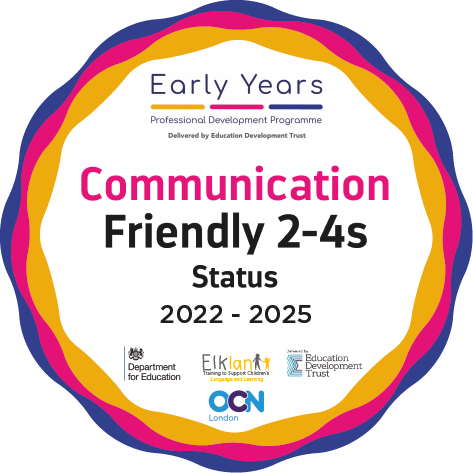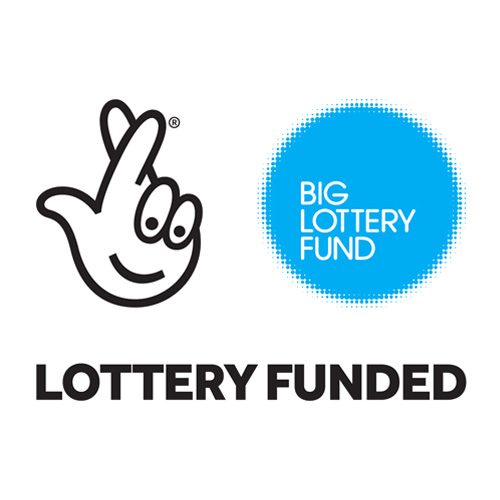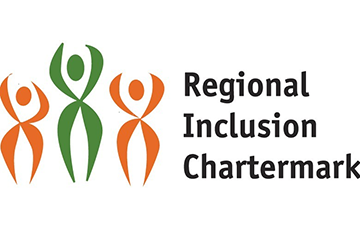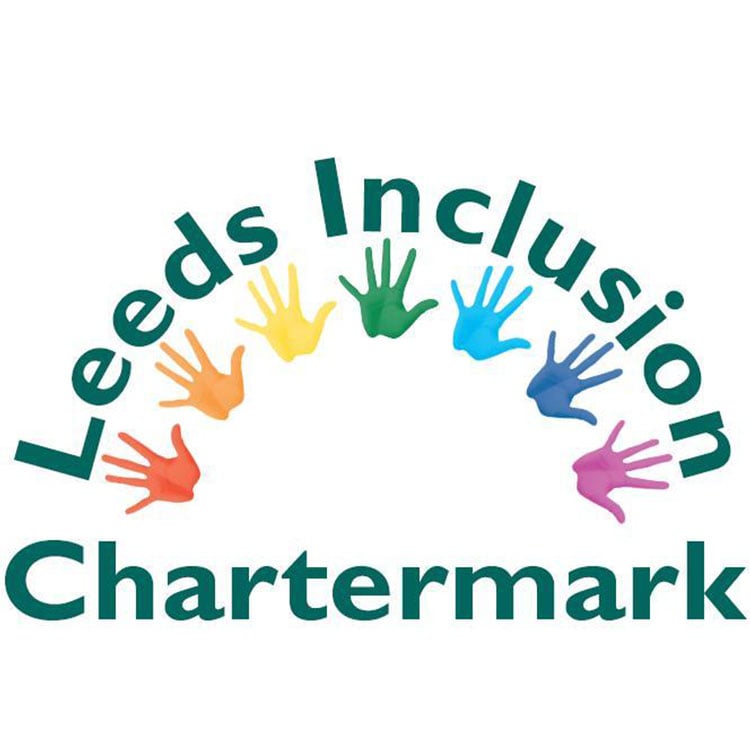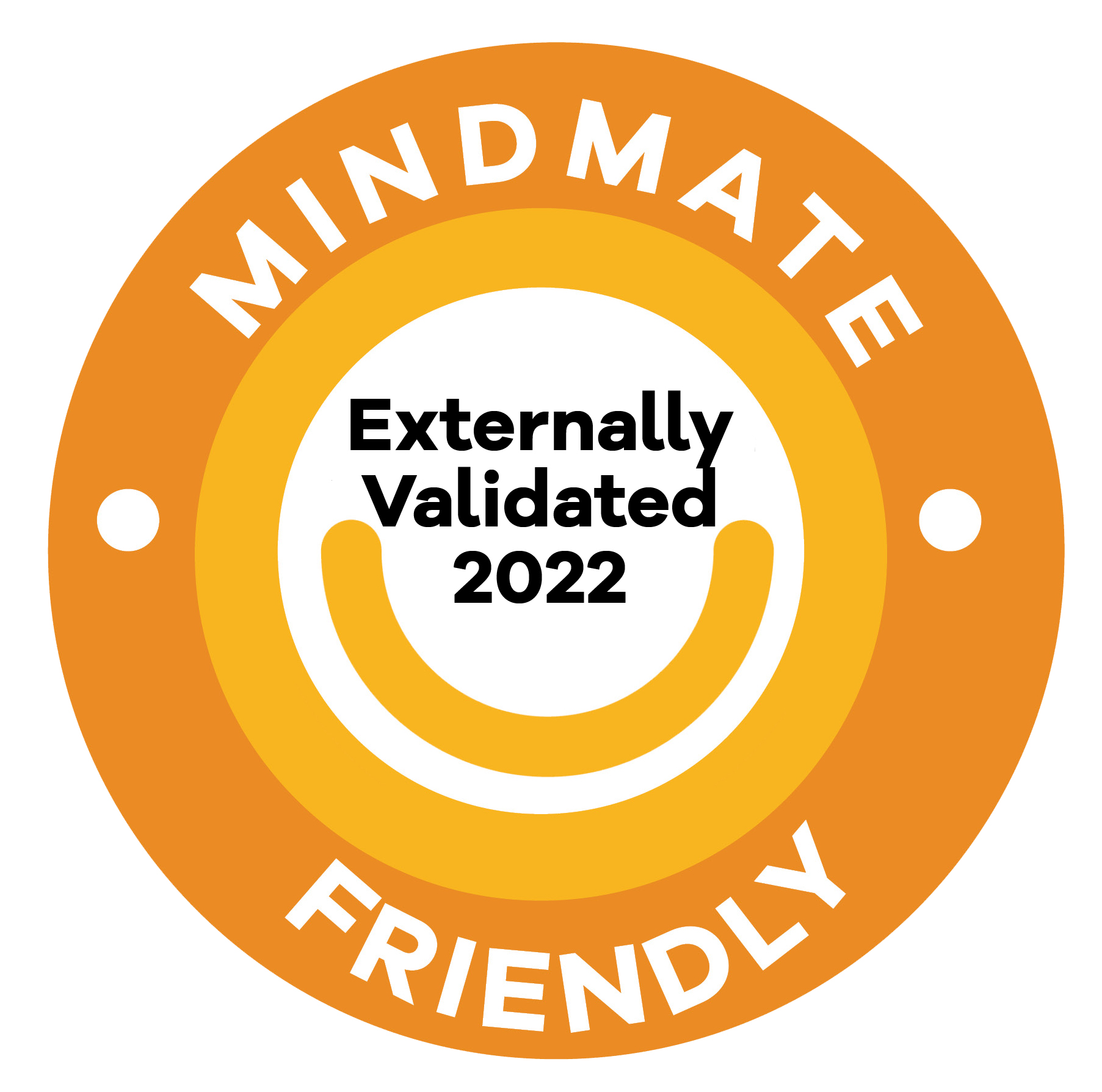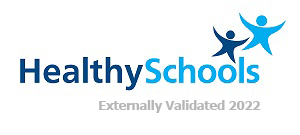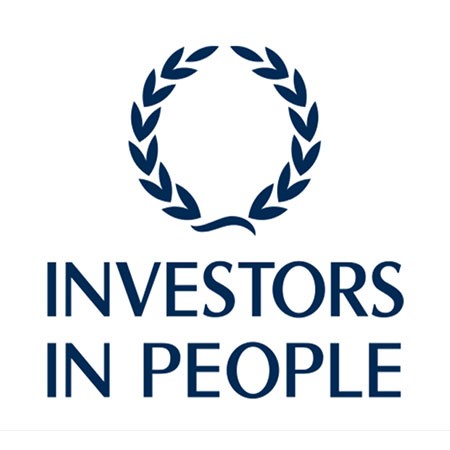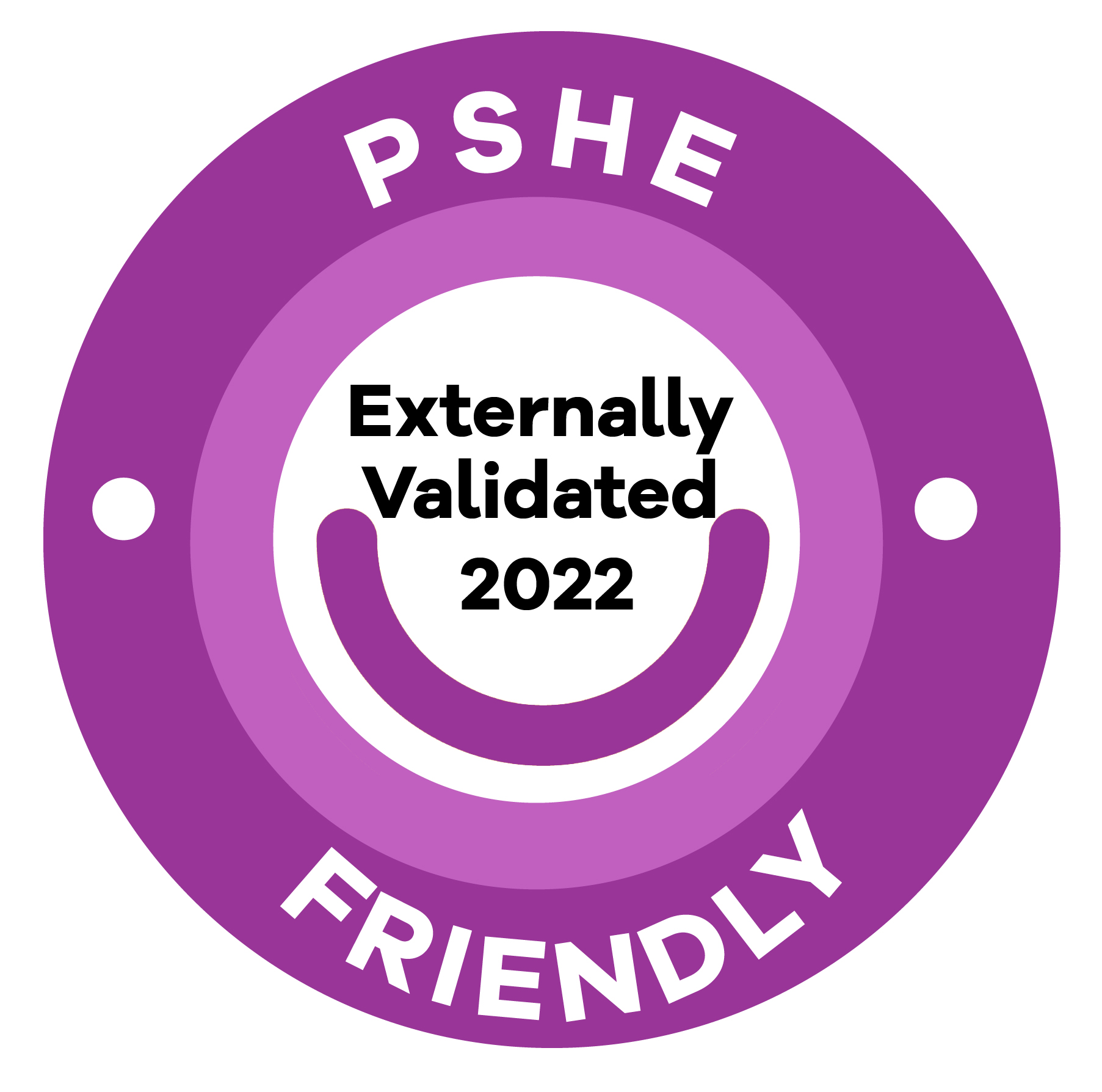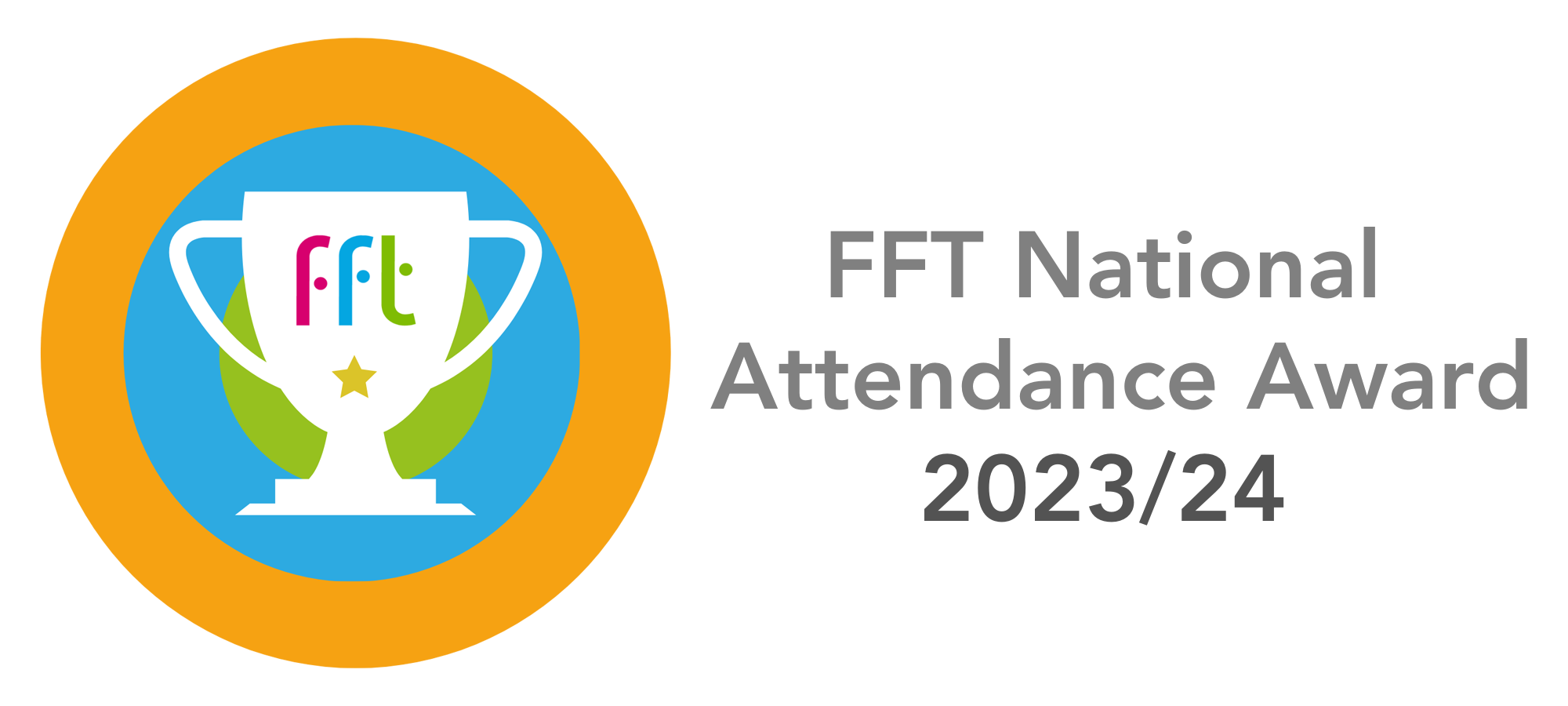
At Shakespeare Primary, we believe a high-quality computing education equips children to use computational thinking and creativity to understand and make positive changes in their locality and the world around them. Computing has deep links with mathematics, science, and design and technology, and through these links, children are able to find opportunities to adapt and apply learning within a different context. It is essential that the children become digitally literate – able to use, and express themselves and develop their ideas through ICT – at a level suitable for the future workplace and as active and responsible participants in a digital world.
Assessment within Computing
Within our Computing Curriculum, there is frequent opportunity for teacher assessment to identify both gaps in knowledge, those children who require further practice but also to further challenge excelling children. Teachers recognise the importance of identifying any misconceptions early and address these throughout the topic by further modelling of the required skills. Our computing lessons allow children to demonstrate their knowledge in digital literacy, information technology and computer science, using different devices and software throughout the academic year. Teachers use a variety of ways to ensure that all children are given frequent opportunities to show both what they have retained from previous topics and understand new skills taught.
Knowledge Checkers
Each project has a knowledge checker for the computing topic being taught which identifies the essential knowledge for children to be assessed upon. These checkers allow children to show the knowledge they have acquired over the half term, including an understanding of key vocabulary. Being able to answer these questions by the end of each project shows knowledge has been retained.
These knowledge checkers will be in the form of:
- Multiple choice questions
- Cloze procedures
- Matching vocabulary to definitions
- Quizzes on DB Primary platform
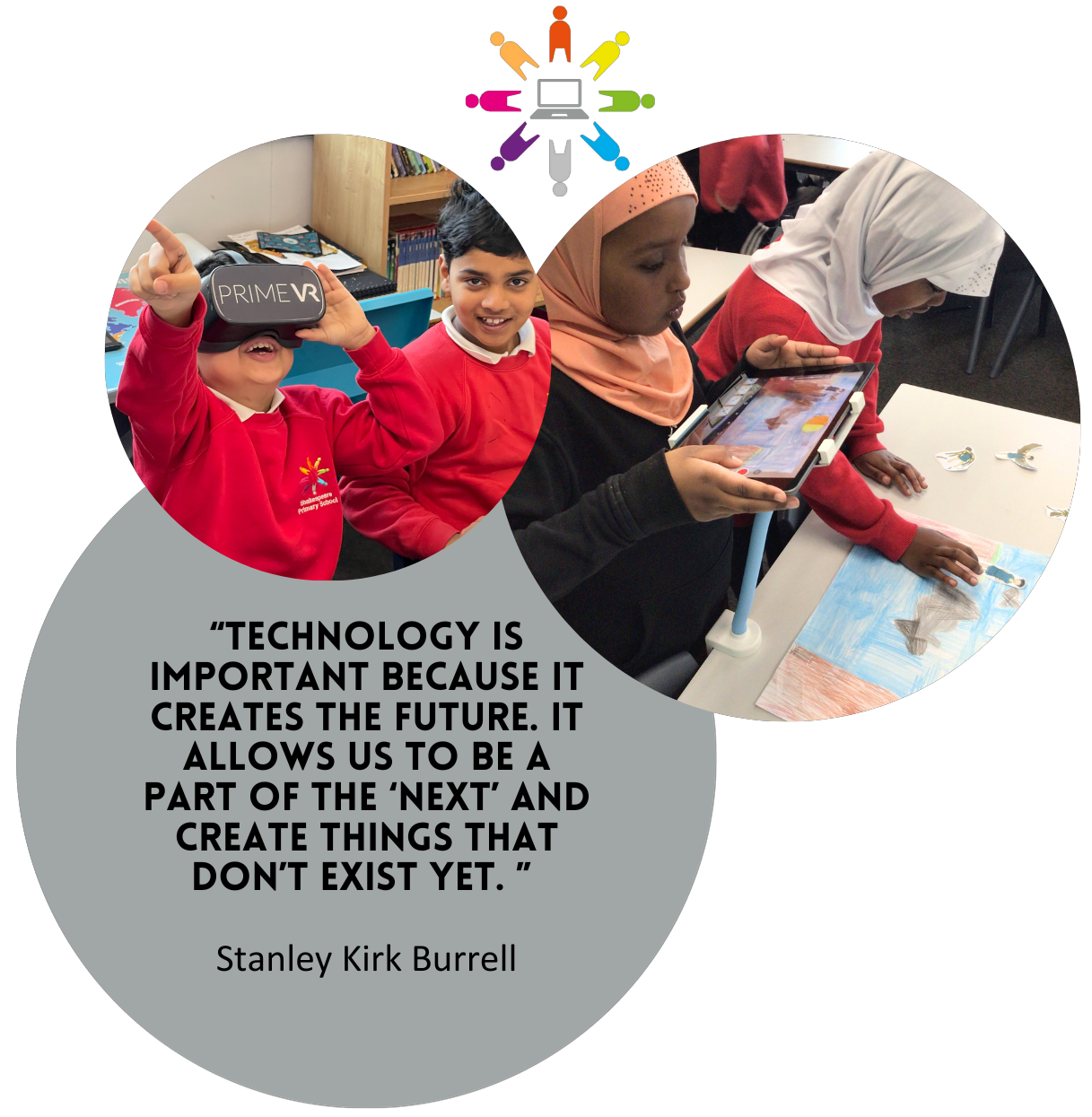
To find out more about our Computing Curriculum, please click here.


